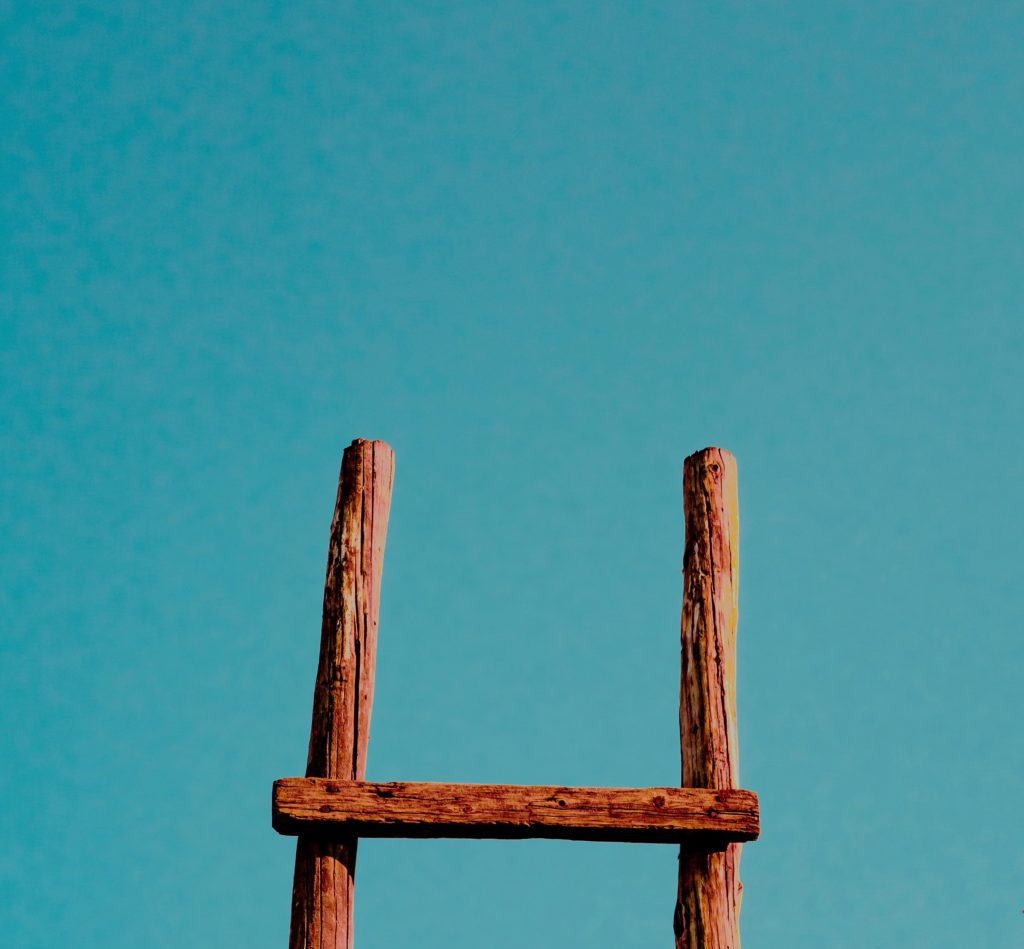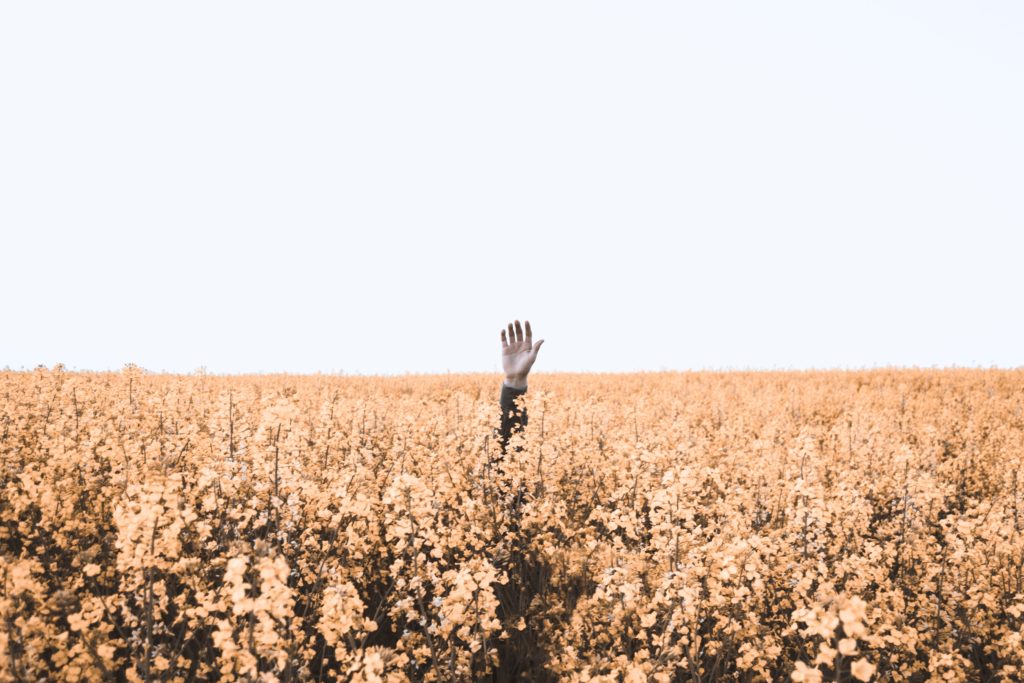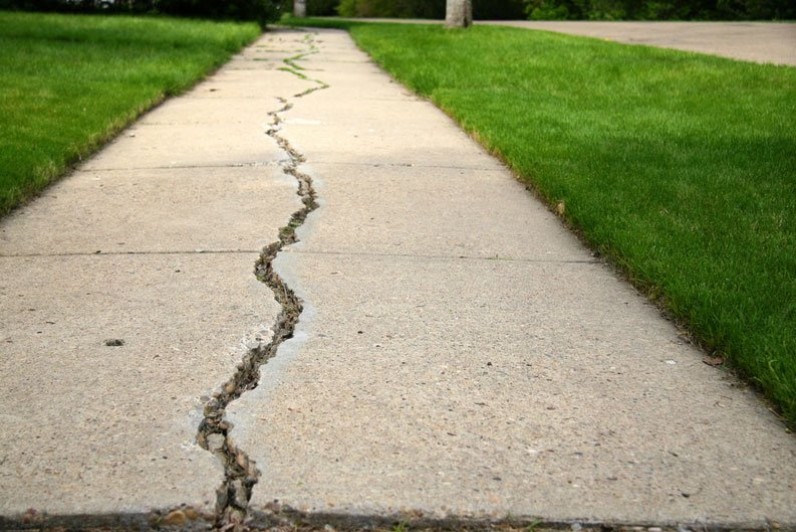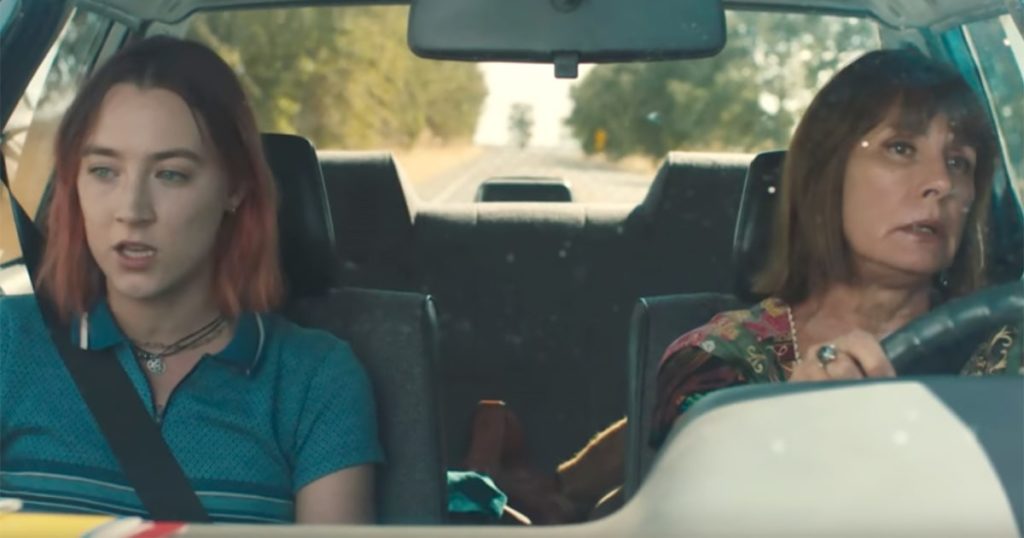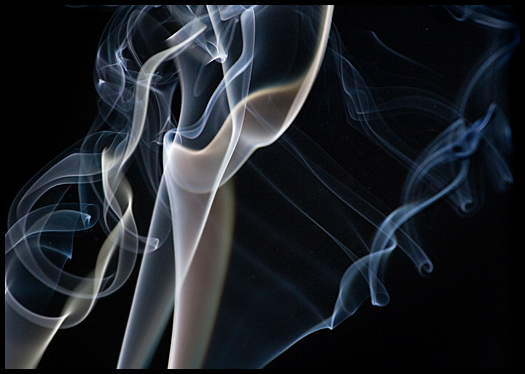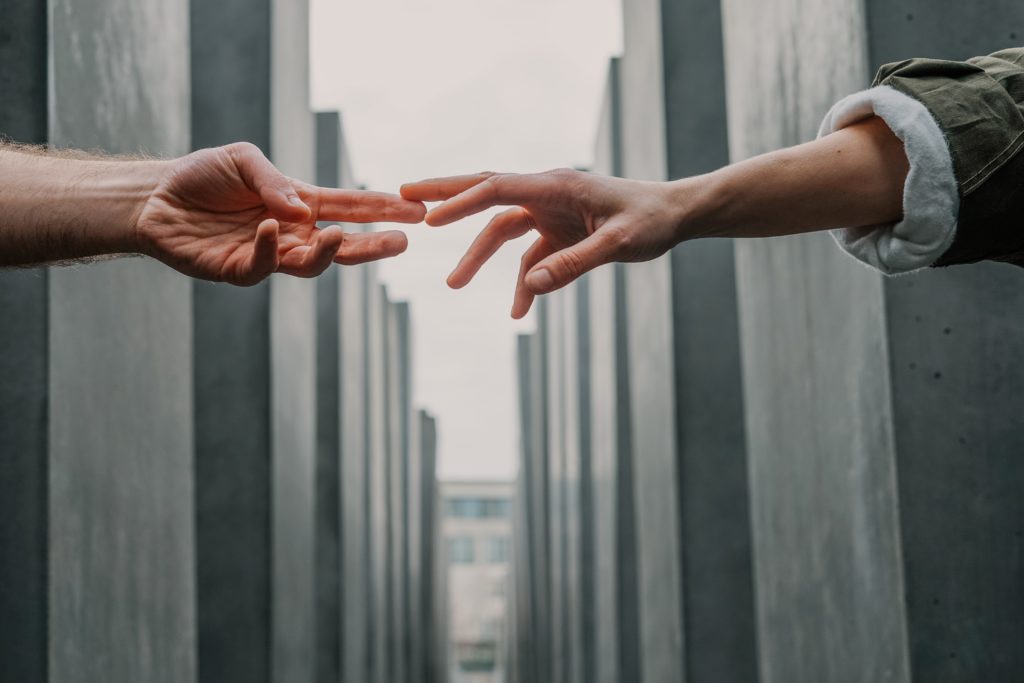
Sometimes people ask me whether or not Buddhists pray. I can tell you that I often break into prayer when I wake in fear or worry at night, or all those times I wash my hands during the day. The prayer might begin Dear Lord or Enmei Jukku Kannon Gyo or Our Father Who Art In Heaven or Sho Sai Myo. To me, the words don’t matter. What matters is the intention, the elicitation of aid beyond my limited means, which is to say, beyond my ability to accomplish or understand. I do this because all things are viral, not just bad things. All thoughts, words and actions spread, so I don’t want to be stingy with the good stuff right now. It’s never a good time to be stingy with encouragement, a hopeful wish, or what in better times might have actually been your own hand, freely given.
I have a faint memory of sitting in the hallway of a county health building many years ago. My mom and sisters were with me, and we were waiting to get shots. A little googling this morning makes me think it might have been during a measles epidemic in LA County in 1966, when 50,000 doses were given to kids through age 10. It’s hard to imagine, but there hadn’t even been a measles vaccine until a few years before that. We waited a long time in a long line snaking through that hall, maybe most of the day. Everyone did. I wasn’t afraid because I wasn’t alone. I didn’t feel lonely or isolated during those days. Everyone seemed to do pretty much everything together. We shared libraries, pools, parks, sidewalks and schools; fire, earthquake and bomb drills. There were fears, sure, met with trust and belonging. I suppose you’d call it community.
I have a nearly invisible scar on my upper left arm from a smallpox vaccination. Every one of us had it growing up. Once a year in school we’d be called into the cafeteria where nurses from the health department would administer a tuberculosis test using a kind of gun (yes, they called it a gun) that would leave us with a circle of six tiny holes on the inside of our wrist. These were the early, miraculous days of vaccines and disease eradication. Things are done differently now.
Absent dire threats or emergencies, we don’t seem to behave in the same way, that is, with common purpose and concern. Instead, we choose sides, face off, criticize and demonize. Communities have become small, self-chosen, and more than likely, nonexistent except for ideological affinities maintained online. But that can change, and it will, if we see this virus as a gift to reconnect with the real lives we share.
Which reminds me: I saw a wonderful story in the newspaper yesterday about a man who loved a certain homemade soup so much that he took it to work for lunch everyday for 17 years. The story came with a recipe that has probably already gone viral. I’m making it tonight. Perhaps you’ll join me?
Photo by Toa Heftiba on Unsplash


